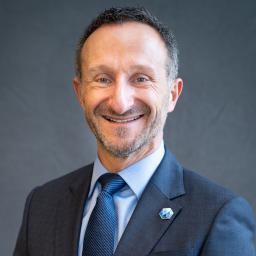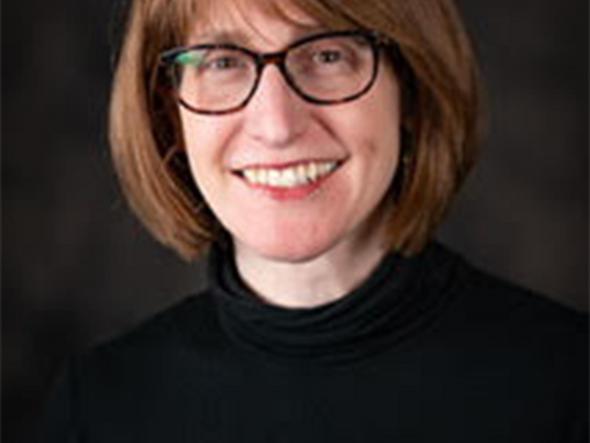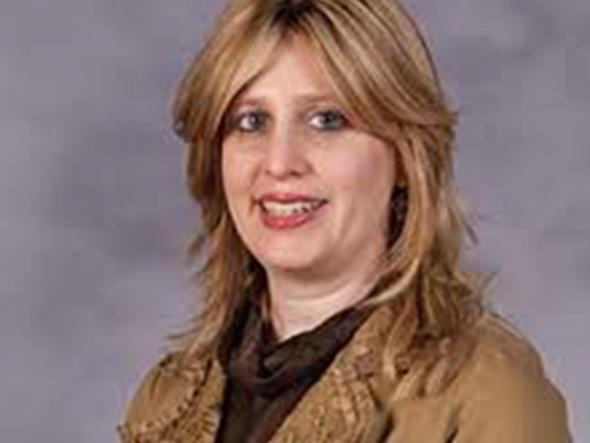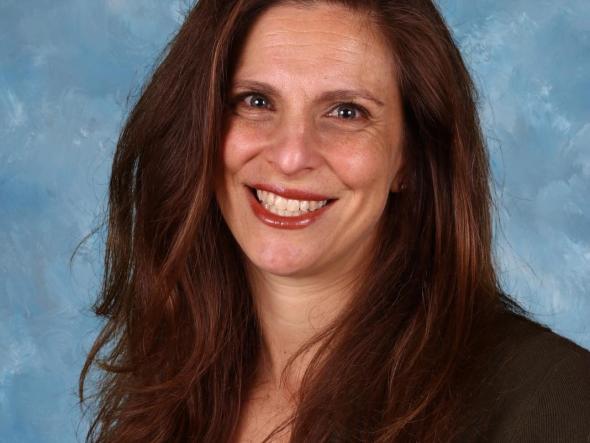Caring for the Mental Health of Adults in Schools
When Moshe came down from Sinai, the Torah tells us, he did not realize that his face was glowing (Exodus 34:29). The radiance frightened Aaron and the Israelites as they greeted Moshe, who ultimately placed a veil over his face, to be removed only when he spoke directly to God.
The intense experience of Sinai changed Moshe more than he knew and ultimately isolated him from the people. He did not see himself clearly, only the impression and effect he had on those around him. In service to his people, he literally closed off part of himself and changed the way he interacted with the world.
We call Moshe our teacher, Rabbeinu, and perhaps through this example we can learn something about educational leadership. In times of crisis—and no one could argue that the past 15 months have been anything less than a crisis—closing oneself off can mean avoiding one’s own needs. Educators who cannot see and care for themselves will have a harder time caring for students or communities. Instead, now is the time for what I recently heard called “unapologetic self-care.”
Even before the pandemic struck, Prizmah had begun programming directly with school counselors through a cohort training program in partnership with the Azrieli School at Yeshiva University. Once Covid-19 took hold, through the expansion of this cohort and the growth of Prizmah’s Reshet for guidance counselors, professionals from across diverse schools have had access to near constant collaboration with their peers.
Success in keeping our communities mentally well is not just the product of the work of counselors, it relies on the commitment and involvement of teachers and all faculty and staff. In addition to increasing what we do for counselors, last summer Prizmah ran intensive trainings for over 100 school administrators. We wanted to help schools prepare to support their students in the difficult year we knew was to come.
The rise of initiatives such as Mental Health First Aid, the Resiliency Roundtable convened by the Jewish Teen Education and Engagement Funder Collaborative, and other efforts to address the social and emotional components of learning have allowed schools to strengthen their services, mostly with a focus on the students.
We were right to anticipate difficulty on the part of students, and we have learned even more about the impact the pandemic has had on teachers. When Prizmah surveyed 700 educational leaders in February 2021, we discovered that educators were suffering greatly from anxiety and stress. The top three feelings teachers reported feeling in the previous three months were “stressed, overwhelmed, fatigued,” with 62% of teachers reporting that they had experienced trouble relaxing.
We know that teacher burnout leads to poor student performance. Not surprisingly, teachers engaged in hybrid settings, with some students in person and others learning remotely, reported higher levels of stress than those teaching either fully remote or predominantly in-person. When we asked teachers what kinds of support would help them, their responses were telling:
"Understanding of what the teachers are going through”
“Understanding and encouragement to take time for myself”
“More time spent with colleagues.”
Teachers were yearning to be seen.
For decades Jewish day schools and yeshivas have distinguished themselves in building a strong Jewish future, nurturing and transmitting the values and knowledge that produce proud Jews and constructive citizens to the broader world. The commitment to children has attracted significant and generous investment, though it is not actually enough.
Kicking off Mental Health Awareness month in early May, Prizmah hosted 135 people from 77 schools over a two-day Mental Health Summit, a virtual event that built on the power of collaboration that is at the core of Prizmah’s network. We deliberately framed the event to focus on the adults in our schools.
“If you want whole children,” offered keynote speaker Dr. David Rosmarin, Assistant Professor at Harvard Medical School and Founder of Center for Anxiety in New York,“we need whole educators.” In the wake of Covid-19, the value of and need for our schools has never been greater, and fulfilling our mission means not only taking care of the needs not only of children, but of their teachers as well. We enable schools to live their values when we care for our teachers with the same love and attention as our children.
Summit attendees also heard from Dr. Oshra Cohen, school psychologist at Ma’ayanot Yeshiva High School for Girls, who adapted some of the language of the 2008 financial crisis and deemed our schools—and their teachers--“too important to fail.” Knowing the essential role day schools and yeshivas play in our collective future, we must do all we can to support the educators who are at the core of making our schools function.
Some of the suggestions we learned at the summit are concrete, what keynote speaker and self-declared Happiness Coach Kim Strobel called “a toolbox of strategies to help people get out of the quicksand quicker.” Putting in place systems that respect individual needs is a start. Compassionate language gives room for honest conversations and grants permission to say no, to think differently, or to step away and take a second look at a challenge. Just as we differentiate our education to the specific needs of our children, we must differentiate the supports needed by our staff teams.
Covid-19 has made teachers responsible for the social and emotional stability of their students, without really giving them the training to fill that role. Resources should be allocated to allow more time for training and for teachers to balance their classroom (Zoom-room?) duties with reflection and collaboration, as well as their own self-care.
Celebrating Shavuot next week, we mark the transition from being a wandering people to having a roadmap. We ostensibly now know the landmarks and the rules of the road. The path ahead should seem more clear, please God. Like Moshe, though, for many of our teachers the past 15 months have changed them and compelled them to cloak their own needs for connection and support. As we reimagine the drama of Sinai this coming holiday, let us work to make our school communities places where educators can see and be themselves, as radiant and transformed as they may be.






